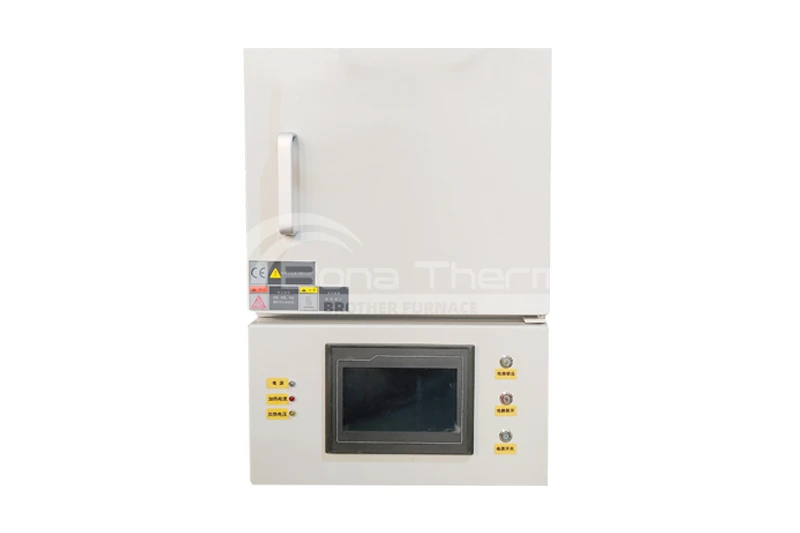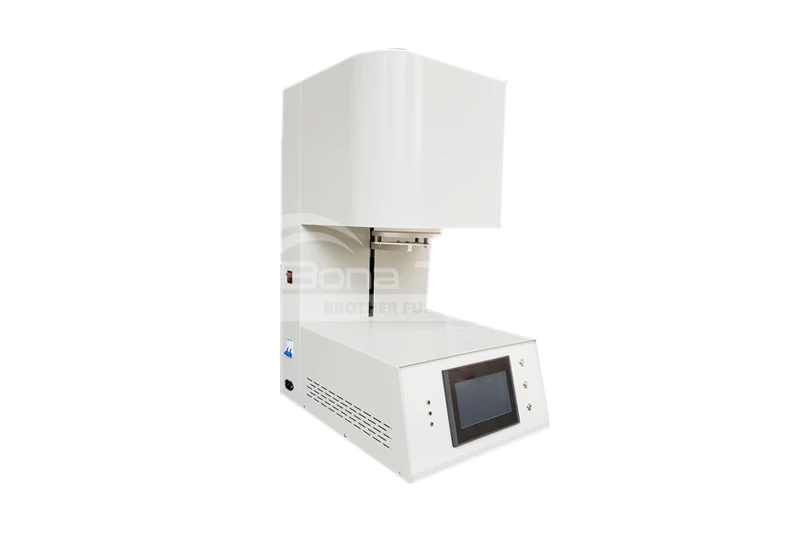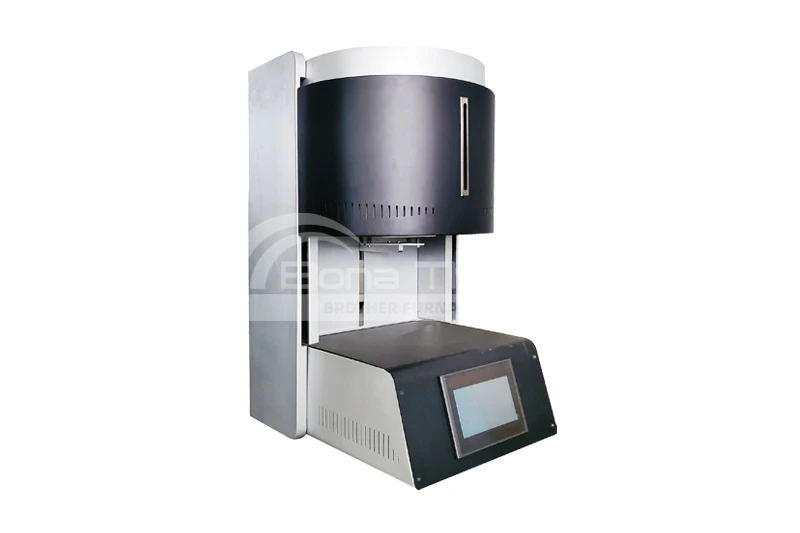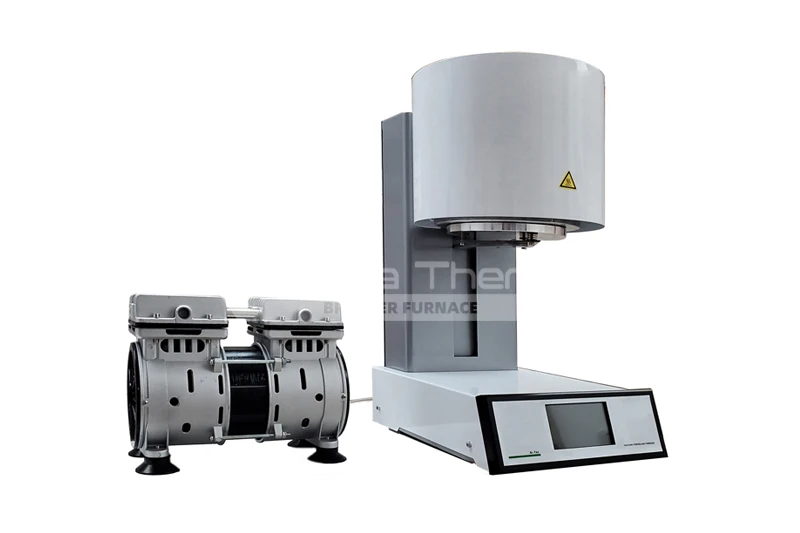What are Zirconium Beads?
Zirconium beads have garnered significant attention in various industries due
to their exceptional versatility and unique properties.
From milling and grinding to laboratory applications, these beads offer remarkable performance that meets a wide array of needs.
In this article, Brother Furnace will explore the definition of zirconium beads, their properties, manufacturing processes, and diverse applications.
Understanding Zirconium Beads
Zirconium Beads Definition
Zirconium beads are small, spherical particles composed primarily of
zirconium oxide (ZrO₂). Known for their high hardness and density, these beads
are utilized extensively in industrial applications, particularly in milling and
grinding processes. Their robust structure makes them ideal for high-energy
operations where durability is crucial.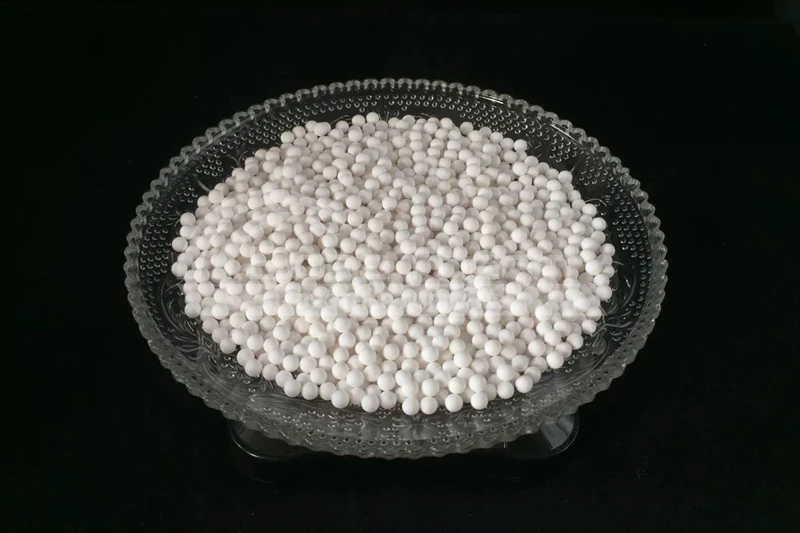
Types of Zirconium Beads
There are several types of zirconium beads, with zirconium oxide beads being the most common. Zirconium oxide beads are particularly prized for their exceptional hardness, which allows them to withstand high impact and abrasion during use. Other variants may include those with added elements to enhance specific characteristics, such as increased density or improved resistance to wear. These variations cater to specific industry needs, ensuring optimal performance.
Properties of Zirconium Beads
Physical Properties
Zirconium beads exhibit impressive physical properties that make them suitable for various applications. Their hardness typically exceeds that of glass beads and even steel beads, making them ideal for challenging grinding tasks. The density of zirconium beads usually ranges between 6.0 to 6.5 g/cm³, contributing to their ability to generate effective energy transfer during milling. Available in various sizes, these beads can be tailored to meet specific operational requirements.
Chemical Properties
In addition to their physical attributes, zirconium beads possess remarkable
chemical stability. They are resistant to corrosion and wear, making them
suitable for use in environments that may be aggressive or contain harsh
chemicals. This resistance ensures longevity and reliability, reducing the need
for frequent replacements. For example, in chemical processing industries,
zirconium beads can withstand exposure to acidic or alkaline substances without
degrading.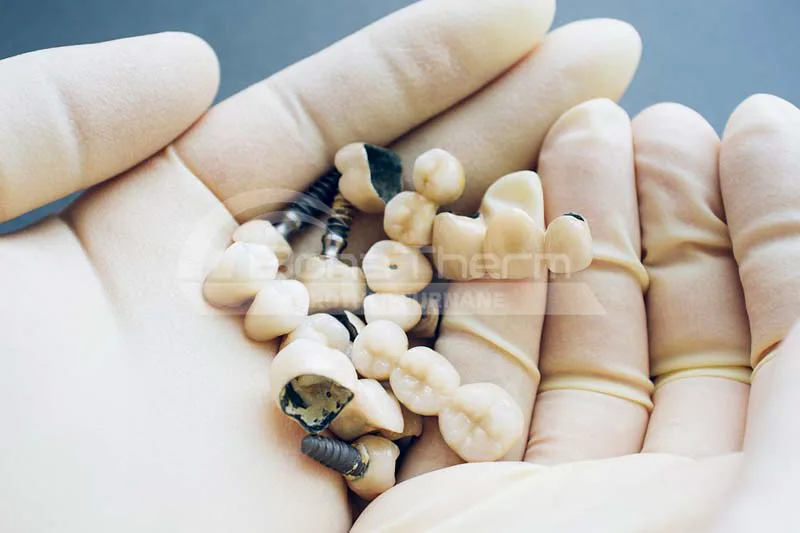
Comparison with Other Beads
When comparing zirconium beads with other types of beads, such as glass or steel beads, the advantages of zirconium become clear. While glass beads may be lighter and less expensive, they lack the hardness and durability that zirconium beads offer. Steel beads, on the other hand, may provide similar hardness levels, but they can corrode over time, especially in humid environments. Therefore, zirconium beads present a superior option for demanding applications, combining strength with chemical resilience.
Manufacturing Process
Raw Materials
The primary raw material for producing zirconium beads is zirconium oxide. This material is derived from zircon, a naturally occurring mineral. The quality of zirconium oxide used can significantly impact the performance of the final product, so sourcing high-grade materials is essential. Additional components may be included to modify the properties of the final product, such as increasing density or enhancing chemical stability.
Production Techniques
The manufacturing process of zirconium beads involves several critical steps, including sintering and shaping. Initially, the raw materials are finely ground to create a homogeneous mixture. This mixture is then compacted and shaped into beads using specialized molding techniques. Following this, the beads undergo sintering, a process that involves heating them at high temperatures to achieve the desired hardness and density. This step is crucial, as it influences the final properties of the beads, ensuring they meet industry standards for performance and reliability.
Applications of Zirconium Beads
Industrial Uses
Zirconium beads play a pivotal role in various industrial applications,
particularly in milling, grinding, and dispersing materials. Their high density
and hardness make them effective in breaking down materials into finer
particles, which is essential in industries such as paint, ink, and coatings.
For instance, in the paint industry, zirconium beads are used in bead mills to
achieve smooth, homogeneous mixtures that enhance the final product's
quality.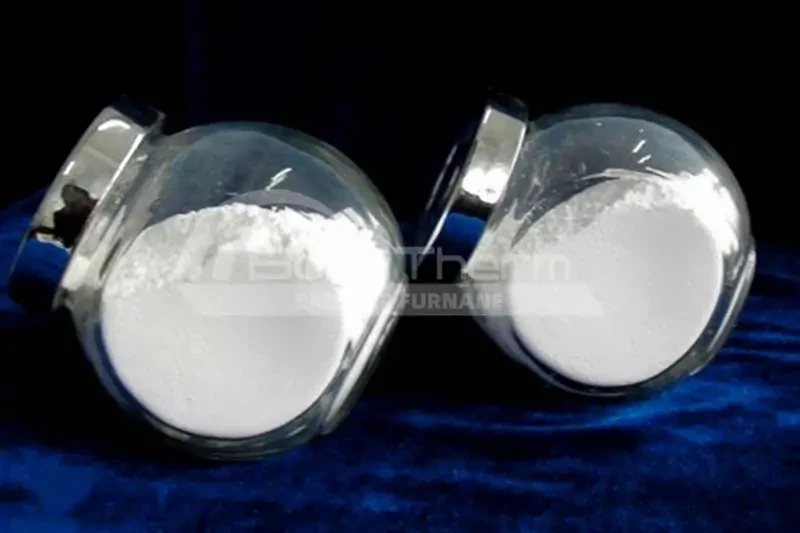
Laboratory Applications
In laboratory settings, zirconium beads are utilized for their effectiveness in sample preparation and homogenization. They are often employed in bead mills for grinding biological samples, providing consistent results across different experiments. The chemical resistance of zirconium beads also makes them suitable for use with various solvents and reagents, ensuring minimal contamination during analytical processes.
Medical Field
Zirconium beads, as a high-performance zirconium oxide ceramic material, have demonstrated extraordinary application value in the field of medicine, especially dentistry, in recent years. Zirconium beads have become an important part of modern restorative dentistry by their high strength and hardness, as well as their excellent biocompatibility and esthetics in the fabrication of dentures (false teeth).
Through advanced computer-aided design and manufacturing technology,
zirconium beads denture can precisely match the patient's oral structure, not
only functionally close to natural teeth, able to withstand the various
pressures of daily chewing, but also achieve a very high degree of simulation in
terms of appearance, and perfectly blend with natural teeth, enhancing the
patient's comfort and self-confidence.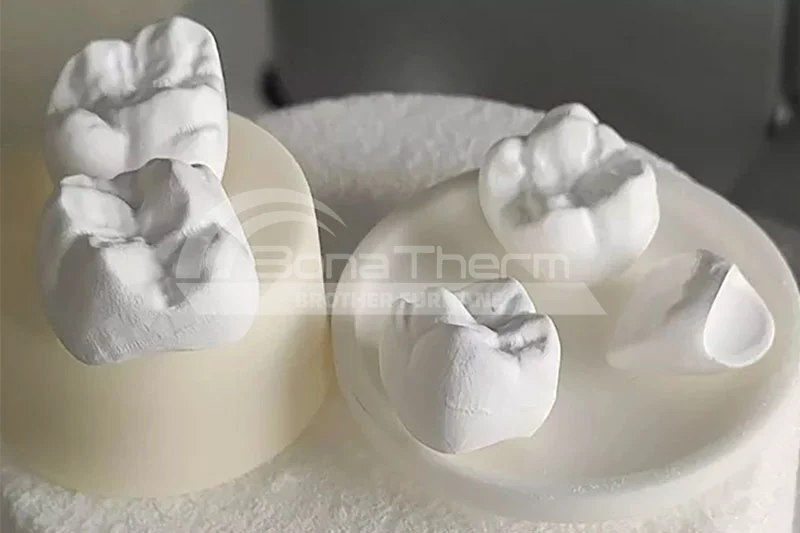
In addition, zirconium beads, as a biologically inert material, have good compatibility with human tissues and do not cause allergic reactions or rejection, which protects the oral health of patients.
Therefore, zirconium bead denture, with its excellent durability, aesthetics, and safety, is gradually becoming one of the mainstream choices for future dental restorations, bringing more natural, healthy, and beautiful smiles to many patients.
Advantages of Using Zirconium Beads
Durability and Longevity
One of the primary advantages of zirconium beads is their durability. These beads are designed to withstand the rigors of intensive applications, resulting in a long lifespan. This durability not only translates to fewer replacements but also ensures that operations can continue smoothly without interruptions due to equipment failure.
Efficiency
Zirconium beads enhance efficiency in grinding and milling processes. Their
hardness allows for more effective energy transfer, resulting in faster and more
consistent particle size reduction. This efficiency can lead to reduced
processing times, thereby increasing overall productivity in manufacturing
environments.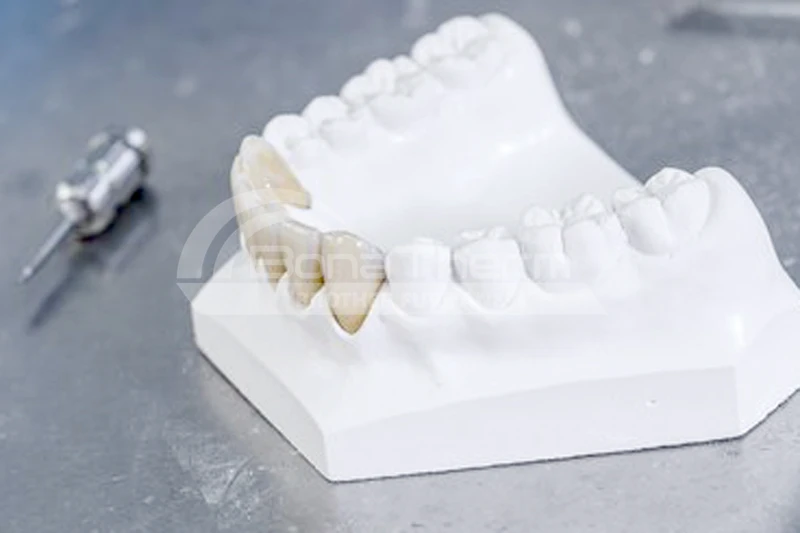
Cost-Effectiveness
While zirconium beads may have a higher upfront cost compared to alternatives, their long-term benefits outweigh this initial investment. Their durability, efficiency, and reduced need for replacements contribute to significant cost savings over time. Businesses that invest in zirconium beads often find that the return on investment is substantial, especially in high-volume production scenarios.
Conclusion
At present, zirconium beads have demonstrated extraordinary properties in several fields, especially in denture-making in medicine.
Zirconium bead dentures, with their excellent physical properties, outstanding aesthetic results, and excellent compatibility with human tissues, are gradually leading the way in prosthodontics, providing countless patients with an unprecedented level of comfort and self-confidence.
When you choose zirconium beads as your dental material, please don't forget to choose an equally good zirconia sintering furnace to match.
Brother Furnace is honored to play a key role in this revolution in dental technology. As a specialized supplier of high-quality zirconia dental furnaces, Brother Furnace understands the importance of a good dental furnace in creating the perfect zirconia bead denture.
With advanced temperature control technology and precise machining accuracy, our dental furnaces can utilize the zirconia bead material to its fullest potential, ensuring that every denture is made to its optimal potential.
Let's work together to bring patients a more natural, healthy and beautiful smile.

